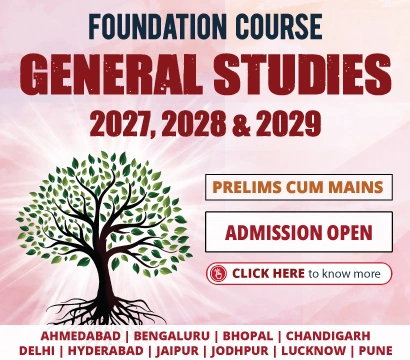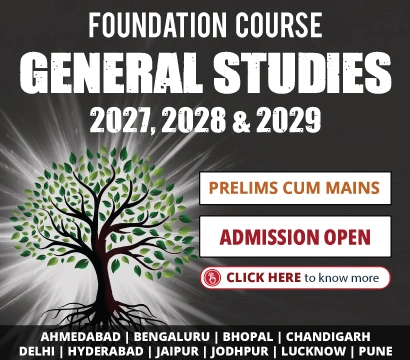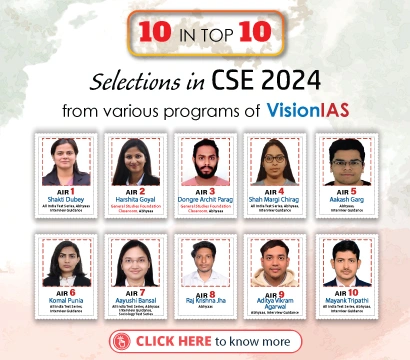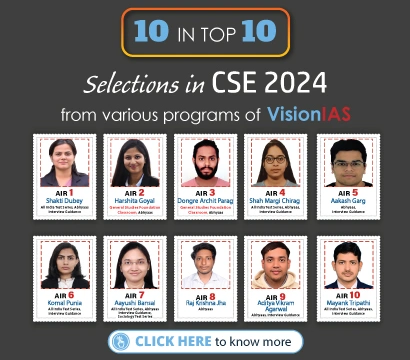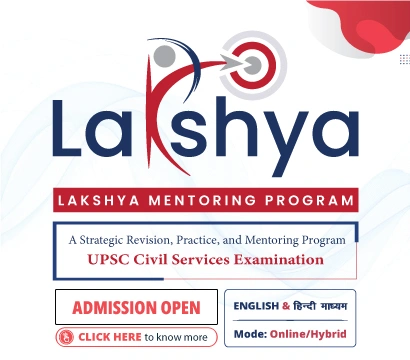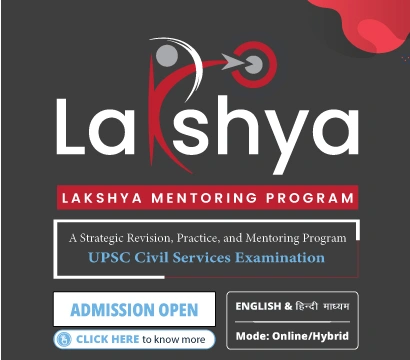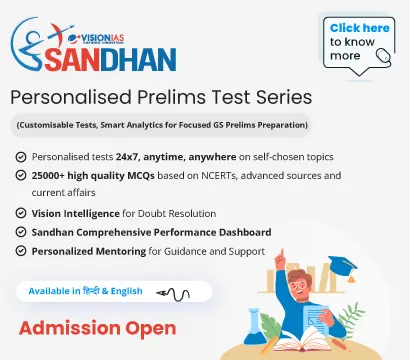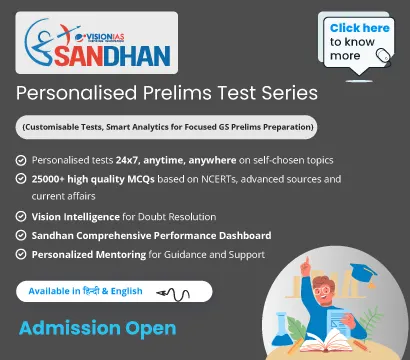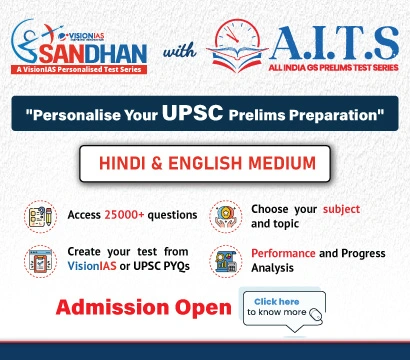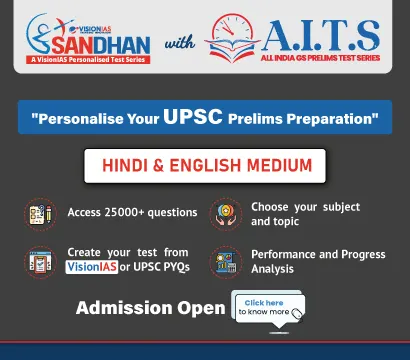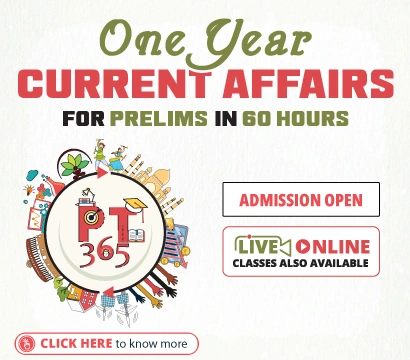About UPSC
UPSC Criteria for CSE Eligibility, Age Limit and Number of Attempts
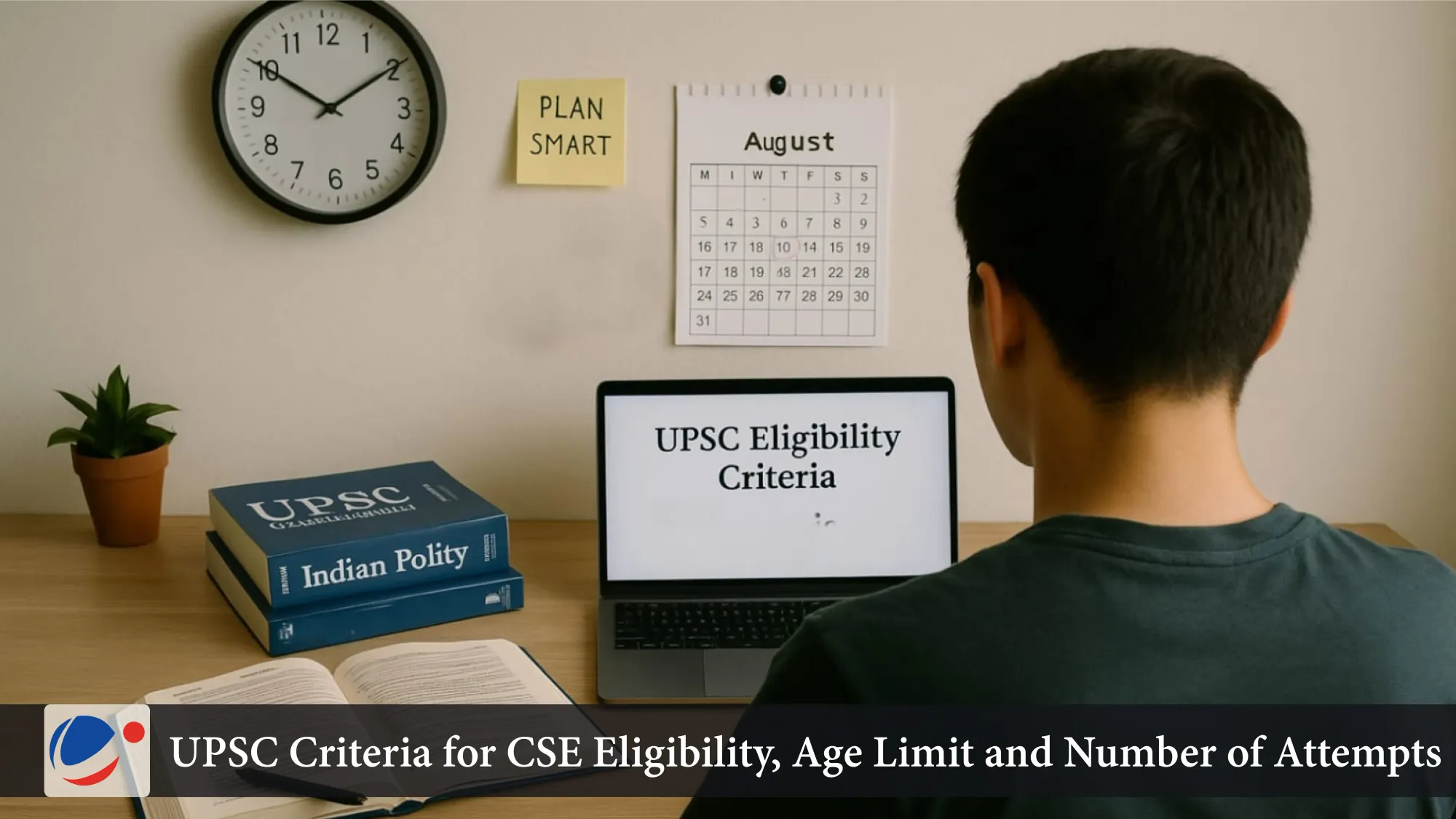
A clear understanding of the UPSC eligibility criteria is the first and most essential step in preparing for the Union Public Service Commission (UPSC) Civil Services Examination (CSE), which is a demanding and comprehensive process.
These eligibility rules, defined by the Government of India, include the age limit in UPSC, number of attempts, and other key conditions—varying based on a candidate’s category.
Whether you’re aiming for the IAS, IPS, or IFS, knowing your UPSC CSE eligibility is essential to creating a successful and realistic preparation strategy.
General Eligibility Criteria for UPSC CSE
To apply for the Civil Service Exam, every candidate must meet the following basic conditions of UPSC Criteria:
Nationality
- You must be a citizen of India.
- Tibetan refugees who arrived in India before 1st January 1962 are also eligible.
- Individuals from Nepal and Bhutan or Indian origin migrants from specific countries (as per UPSC norms) may also be eligible.
Educational Qualification
- A candidate must hold a graduate degree from a recognized university.
- Final-year students awaiting results can apply for UPSC Prelims, but they must produce proof of passing before the Main Examination.
- There is no minimum percentage requirement for graduation.
Age Limit in UPSC (Category-wise)
The authorities calculate the UPSC age limit as of 1st August of the examination year. Here’s a detailed breakdown by category:
General Category Candidates
- Minimum age: 21 years
- Maximum age limit: 32 years
- Must not be born earlier than 2nd August (32 years before the exam year)
OBC Category Candidates
- Upper age limit: 35 years
- Age relaxation: 3 years over the General Category
SC ST Category Candidates
- Maximum age limit: 37 years
- Age relaxation: 5 years
EWS (Economically Weaker Sections)
- Treated like General Category
- Upper age limit: 32 years
- No additional age relaxation
PwBD (Persons with Benchmark Disabilities)
- PwBD (General/EWS): Upper age limit of 42 years
- PwBD (OBC): Up to 45 years
- PwBD (SC/ST): Up to 47 years
Other Special Cases
- Defence Services Personnel disabled in operation: +3 years relaxation
- Commissioned officers and ECOs/SSCOs: +5 years (subject to conditions)
Number of Attempts in UPSC CSE
Appearing for the UPSC Prelims exam is counted as an UPSC attempt, regardless of whether the candidate clears it. Therefore, we must plan every attempt with precision.
Attempt Limits by Category
The attempt limits for different reservation categories are given below
- General Category: 6 attempts till 32 years
- OBC Category: 9 attempts till 35 years
- SC ST Candidates: Unlimited attempts till 37 years
- EWS Candidates: Same as General – 6 attempts till 32 years
- PwBD Candidates:
- PwBD (General/EWS): 9 attempts till 42 years
- PwBD (OBC): 9 attempts till 45 years
- PwBD (SC/ST): Unlimited attempts till 47 years
Important Notes and Clarifications
Cumulative Relaxation
Candidates belonging to multiple categories (e.g., PwBD + SC) may receive cumulative age relaxation, as per UPSC norms.
Final Year Students
Final-year students can apply, but must meet all criteria before the Main exam.
Official Cut-Off Date
All eligibility criteria including age and attempts are determined as of 1st August of the exam year.
Official Notification
Refer to the official UPSC CSE notification for each exam cycle. It is the most accurate and authoritative source of eligibility information.
Download Official Notification of UPSC for 2025
How Eligibility Influences UPSC Preparation Strategy
Strategic Study Planning
Knowing your exact upper age limit and number of attempts helps design your preparation journey. For general category candidates, the pressure is higher due to limited attempts which is age of 32 years.
Integrated Preparation Approach
Since UPSC Prelims count as an attempt, many aspirants aim to be fully prepared for Prelims and Mains from their first attempt.
Stress Management
A clear understanding of IAS eligibility criteria reduces stress and eliminates uncertainty, allowing focused and confident preparation.
Long-Term Planning
For younger aspirants, especially those in college, awareness of UPSC age limits aids in charting a timeline—from graduation to when to attempt the exam.
Conclusion
Understanding the UPSC CSE eligibility is an important first step in your civil services journey. This includes knowing the age limit and the number of attempts allowed. No matter if you are a general candidate, OBC, or SC ST, these criteria affect how and when you study for the exam.Candidate must also checkout physical standards requirements for upsc civil service exam.
Always verify your eligibility against the official UPSC notification and stay updated with any changes. This clarity helps you focus on the real challenge: passing one of India’s hardest and most respected exams.
UPSC CSE Eligibility FAQs
Q. What is the UPSC age limit for female candidates?
Ans. There is no separate age limit for female candidates.
Q. Can final-year students apply for UPSC?
Ans. Yes, provided you present your degree proof before the Main exam.
Q. Is there any attempt relaxation for OBC women in upsc cse exam ?
Ans. Yes, OBC category candidates, including women, are eligible for 9 attempts up to 35 years.




























